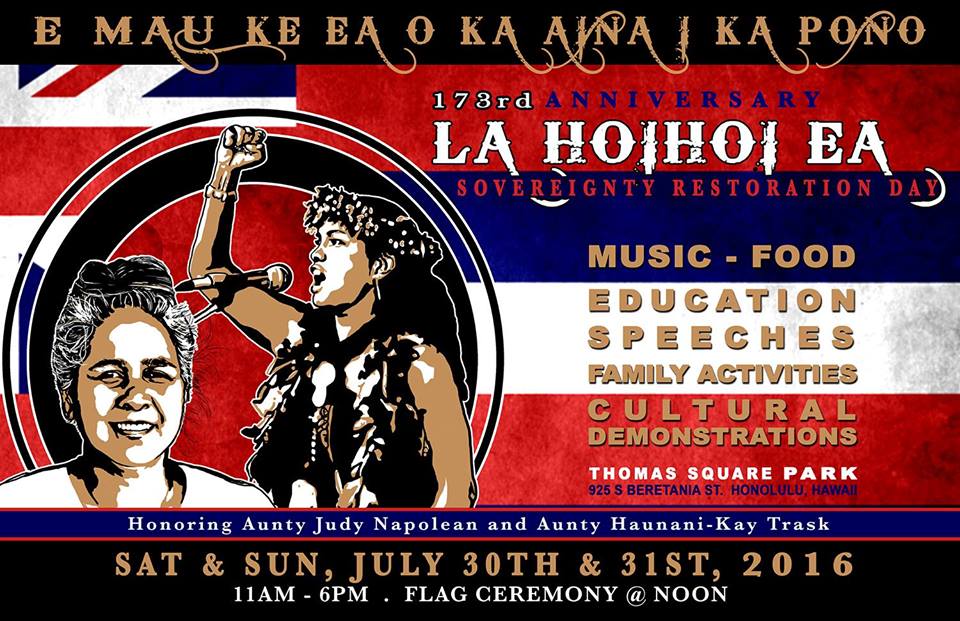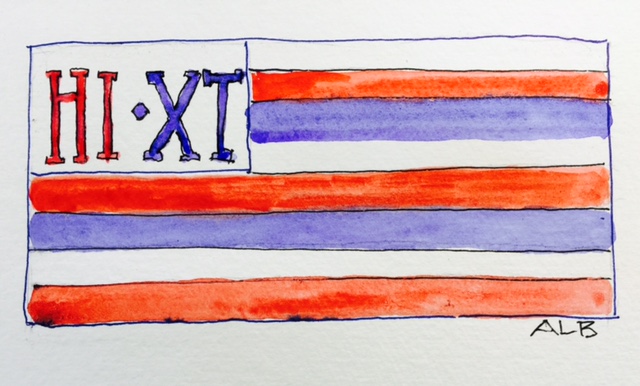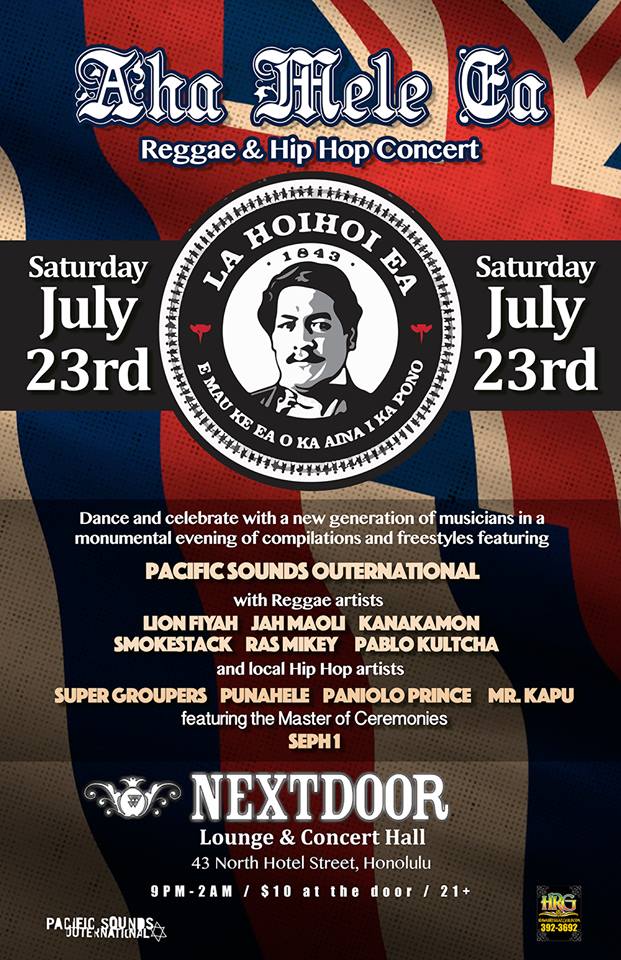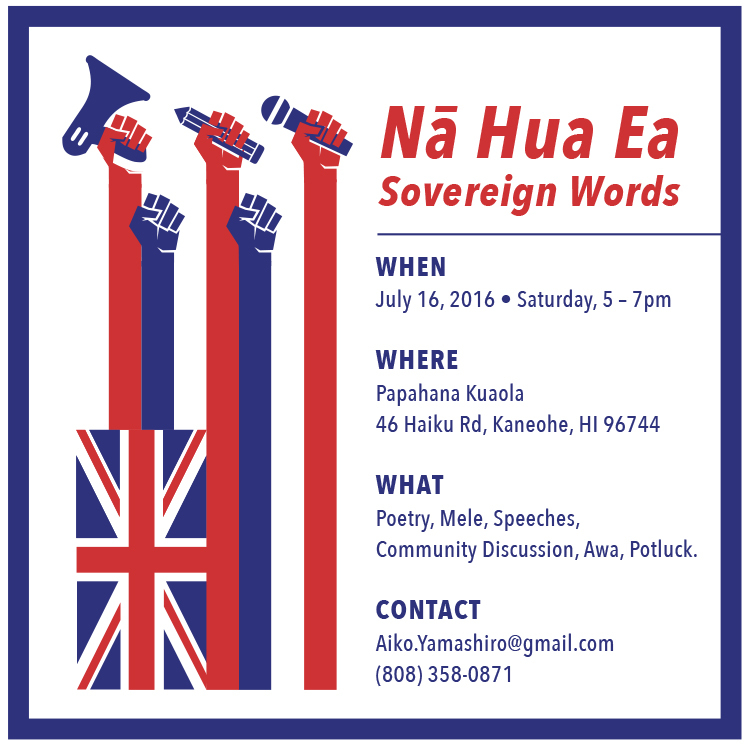This blog is about Hawaii's status as an independent country under prolonged illegal occupation by the United States, and the history, culture, law & politics of the islands.
By Scott Crawford, Hana, Maui
|
Blogs.com Top 10
Hawaii Blogs |
|
OFFICE OF THE HEAD OF STATE
Pu`uhonua O Waimanalo Village, Waimanalo, Oahu
EXECUTIVE ORDER: 95-004 September 17, 2015
THE NATIONAL MONETARY SYSTEM ACT
By virtue of the authority vested in me by the, Hawai`i Constitution of January 16, 1995, the Declaration of National State of Emergency of January 17, 1995, the Refuge Act, Executive Order: 95-001, and, finally by the Natural Law of Na Kupuna O Hawai`i as the Head of State it is ordered as follows:
PURPOSE, DESCRIPTION, POLICY AND SUMMARY
Purpose. This Executive Order, establishes two things;
1. A National Monetary system for the Nation, specifically, an online crypto- currency economic vault and storage system, and;
2. The “Aloha Coin”, as the Nation of Hawai’i’s, National Currency.
Description. A system comprising: a memory; and a processor communicatively coupled to the memory, the memory including executable instructions that upon execution cause the system to: receive an electronic request to store a private key associated with a crypto-currency; Policy. The Minister of Treasury will, formulate and recommend economic, financial, tax, and fiscal policies; enforcing those policies; and manufacturing coins, currency and/ or crypto-currency.
Summary. The Nations National monetary system, will be able to handle a large number of financial transactions on a daily basis. As technology advances, financial transactions involving crypto-currency have become more common.
Today, We consider this 21st century monetary system, to be a powerful online economic vault and storage vehicle for the Nation as well as all small developing countries in the World.
Pu’uhonua K. B. Kanahele
For more information visit AlohaCoin.info
On July 4, Politico Magazine published an article on “5 U.S. Independence Movements Inspired by Brexit” including Hawaii:
Possibly the least pronounceable of all the proposed U.S. exits, Hawexit might have the most legitimate history—and most serious ongoing legal conversation. In the wake of Brexit, POLITICO spoke to Professor Francis Boyle of the University of Illinois at Urbana Champaign, who was a consultant for the Nation of Hawaii’s Hawaiian Sovereignty Advisory Commission. Would Britain’s vote breathe new life into the Hawaiian independence movement? “Certainly, any collapse or breakup of an imperial entity like the EU…will have an impact on the Hawaiian independence movement and give them some encouragement,” he said.
The Nation of Hawaii is not a state-funded group but is Hawaii’s oldest independence organization. Its leader, Dennis Pu‘uhonua “Bumpy” Kanahele, is “head of state” and has been fighting for Hawaiian sovereignty for years, asserting that the state’s treaty with the United States is illegitimate. Bumpy sees his state as very different from the other American states that would secede, though—not only because of Hawaii’s unique history (the first settlers of Hawaii arrived as early as the fourth century, and the proud monarchy of the kingdom ended with Queen Lili’uokalani’s losing control to American businessmen and annexationists in what amounted to an unofficial coup), but also because the Nation of Hawaii already has its own land and unique culture. In 1993, Kanahele negotiated with the state a 55-year lease on the land of Pu`uhonua `o Waimanalo. Since 1994, native Hawaiians have been living on this territory and have organized their own system of governance.
When I asked Bumpy if he thought that Brexit would have an effect on his quest for independence, he said, “To me, the most important part of that is the language that is being used by other countries, ‘national sovereignty,’” and he emphasized the fact that Scotland’s seeking independence from the United Kingdom was more similar to Hawaii’s situation.
It’s true that the Hawaii independence effort does stand apart from its counterparts in other states. Where other separatist movements tend to exist on the political fringes and flare up after Brexit-like events, winning independence back from the United States is a perennial issue in Hawaii, with a serious local constituency. The issue has even made its way to the U.S. Supreme Court several times. Many Hawaiians, like Bumpy, see the original U.S. treaty as illegitimate, and a multitude of social groups coexist and peacefully advocate for their nation’s independence: The Nation of Hawaii, Hawaiian Kingdom Government, Hawaiian Kingdom and The Kingdom of Hawaii are just a few. Independence permeates the culture there in a way it doesn’t elsewhere: Kauai’s public radio station even has two regular slots for sovereignty-themed radio programs, one talk and one music.
There are a few inaccuracies in here, but one particularly worth noting is that it’s not that the “original U.S. treaty” is illegitimate, it’s that there was no treaty of annexation whatsoever.
 La Ho’iho’i Ea 2016, July 30-31, 2016
From nupepa-hawaii.com:
 Hawaii Holomua, Volume III, Number 154, Page 2. July 3, 1894.

Credit to Alan Brown
|
Support If you find this weblog valuable, please consider making a secure donation via PayPal to support its ongoing maintenance:
Or about sponsoring this blog in exchange for a Sponsor Link spot in this sidebar.
|








